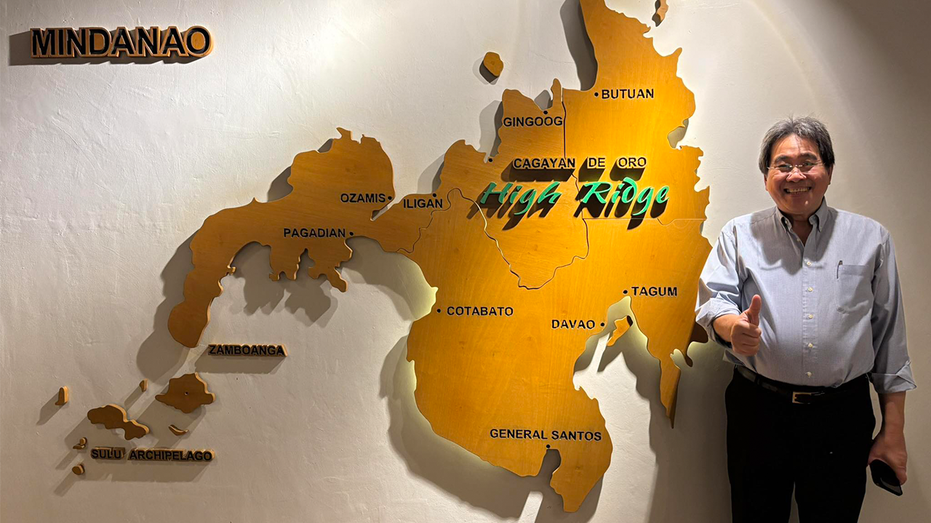Philippine Lawmaker Condemns U.S. Travel Warning, Calls It 'Unfair Treatment' from Top Ally
Philippine lawmaker condemns U.S. travel advisory, calling it "unfair" from "our number one ally."

A Philippine lawmaker has openly criticized the United States government following the release of an updated travel advisory for the Philippines. The advisory, issued by the U.S. State Department on May 8, urged American travelers to exercise increased caution due to concerns about crime, terrorism, and civil unrest in several regions of the archipelago.
Congressman Rufus Rodriguez, who represents the second district of Cagayan de Oro in northern Mindanao, described the advisory as "unfair," particularly coming from what he called the country's "number one ally." According to Rodriguez, many places in the Philippines, such as his own city, remain safe for both local and foreign tourists.
"This is an unfair shotgun warning," Rodriguez declared. "There are certainly many places in our country that are safe to tourists such as Cagayan de Oro City. The United States should review this advisory. We do not deserve this unfair treatment from our number one ally."
The U.S. advisory currently stands at Level 2, signaling travelers to "exercise increased caution." The notice specifically highlights risks from terrorists and armed groups, noting incidents including kidnappings, bombings, and attacks targeting public areas like markets, government facilities, and tourist sites. It further warns that violent crimes such as robbery and physical assault are common, and that protests occasionally disrupt normal activities and may turn violent.
Particular areas have been singled out for even stricter warnings. The Sulu Archipelago and Marawi City have received a Level 4 "Do Not Travel" notice due to ongoing clashes between terrorist group remnants and security forces, as well as frequent kidnappings targeting foreigners. A Level 3 "Reconsider Travel" advisory was placed over much of Mindanao, excluding several areas like Davao City, Davao del Norte Province, Siargao Island, and the Dinagat Islands.
According to the State Department, U.S. government employees in the Philippines must obtain special authorization before traveling to certain high-risk regions. The advisory emphasizes that the U.S. government has limited ability to provide emergency services to its citizens within these zones.
Rodriguez has responded by urging the Philippine Department of Foreign Affairs (DFA) to summon U.S. Ambassador MaryKay Carlson for explanations regarding the advisory. He also called on President Ferdinand Marcos Jr., the DFA, Philippine Ambassador to the U.S. Jose Manuel Romualdez, and the Department of Tourism to clarify what actions have been taken since the issuance of the warning.
The congressman argued the advisory damages the reputation of the Philippines abroad and could have significant economic consequences. "It discourages not only Americans but other foreign tourists as well from visiting the Philippines. It will surely hurt our tourism sector," Rodriguez said. He also claimed that the notice was especially unfavorable toward Mindanao, an island with a history of conflict but also many areas he describes as "safe and welcoming."
Despite official pushback, the U.S. government maintains that its advisories are based on assessments meant to ensure the safety of American citizens traveling abroad. The Philippine government has yet to issue an official response to the concerns raised by Rodriguez and other lawmakers.




